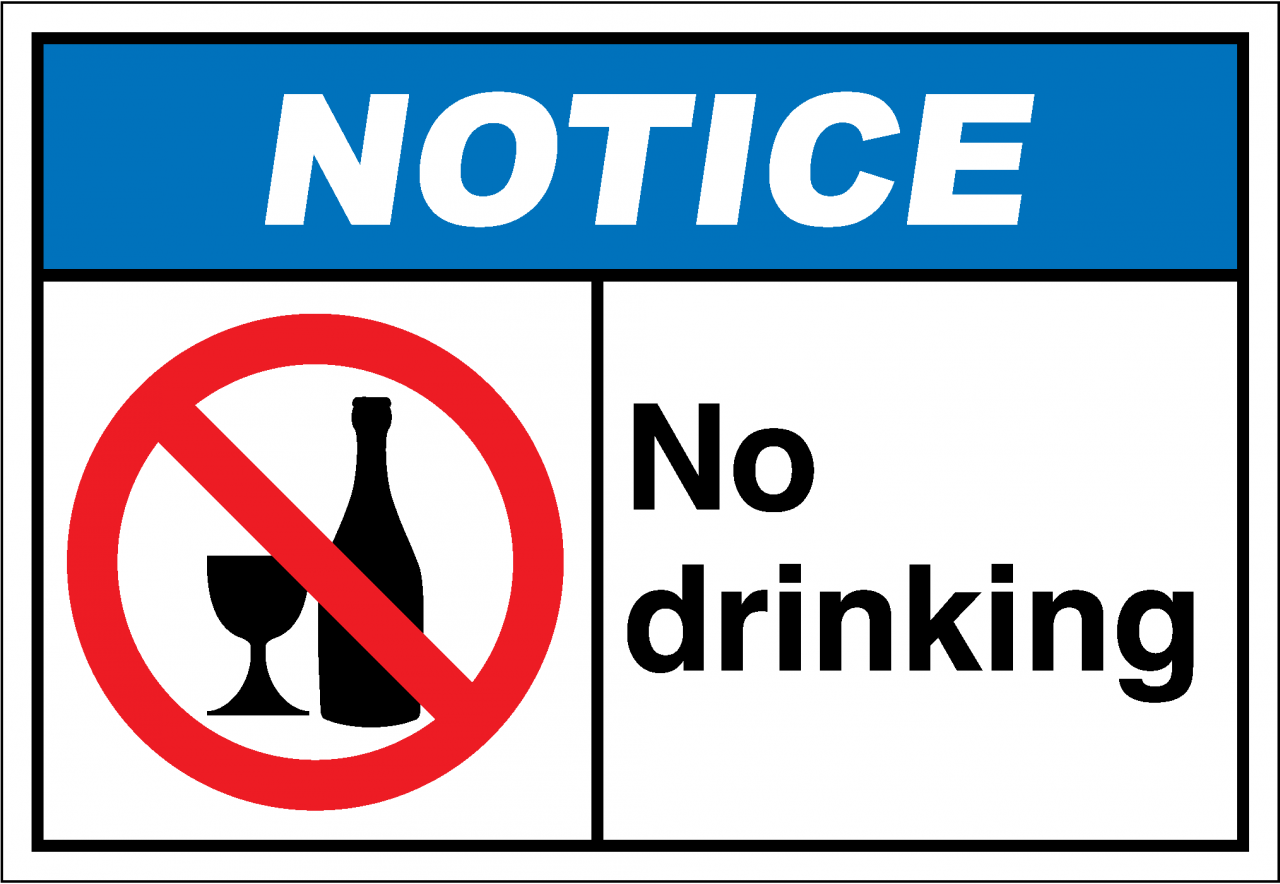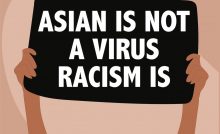Alcohol is full of sugar and so many of us reach for a replacement. “In rehab they give you a lot of sugary foods,” says Marisa Peer, “but it’s not a good idea.” Peer suggests eating dates, celery, pears, bananas, eggs, turkey and dark chocolate. These foods help the body make serotonin which will keep your mood high and make you less likely to feel you need a drink. Small, regular amounts of protein will stabilize your blood sugar levels, which will diminish cravings for a sweet fix.
4. FIND A HOBBY OR RE-VISIT ONE
Maybe you always wanted to learn how to knit or how to make your moms famous roast. Whatever it is, start it or learn it. Interestingly enough, I just saw a research video that talks about learning and that it takes you 20 hours to learn anything new! I’m sure you got 20 hours in the month of October!
WHAT DO DO WHEN YOU WANT TO GIVE UP?
1. GIVE YOURSELF A GOOD TALKING TO:
“We tell ourselves, ‘I need to drink to relax, to unwind, I need it to socialize’, but it’s not true,” says Peer. “Instead, you have to change what you tell yourself. Every day constantly repeat things to yourself such as, ‘I love not drinking’, ‘I choose not to drink’, ‘I feel a huge sense of satisfaction’. When marines run up the mountain holding half their body weight on their backs, they sing – it tells their brain that they are enjoying the experience, even if they are not.” In other words, the brain is very suggestible. Give it a good talking to.
2. REWARD YOURSELF:
When you feel tempted, maybe envision November 1st when you’ll be drinking your favorite cocktail. Buy an expensive bottle of wine and save it for the end of your challenge or use the money you saved to buy a new outfit or book a night away. Have something to look forward to.
3. WRITE YOUR FEELINGS DOWN:
As the month goes on many of us will learn how often we use alcohol to numb our feelings. We do it and we don’t even realize…with alcohol, food, etc. Pinpointing the triggers are so important to finding the problems and solving them. Many experts recommend keeping a journal charting the times you find yourself wanting to reach for a drink – is it when you want to switch off? Is it a way of avoiding loneliness? Now think about the other ways you can address the problem.
WHY ITS WORTH IT?
The harder the idea of a month off is, the more you probably need to do it. While there is an argument that it would be healthier to drink moderately, many of us don’t stick to this. This month off helps us reset our moderation switch. Research has found that quitting for four weeks makes us drink less throughout the rest of the year.
According to research at Sussex University, nearly three-quarters of abstainers maintained lower levels of drinking during the six months after they gave up. Even people who did not last the full sober month drank less afterwards.
Kevin Moore, professor of hepatology at UCL, says:
“Dry months make people aware of how much they are drinking. Some people have never gone a few days without a drink, but people who do it realise the world does not fall out beneath them if they stop drinking, their friends do not stop associating with them. In fact, the result is the opposite, people realize, often for the first time, how good it’s possible to feel without drinking.”





